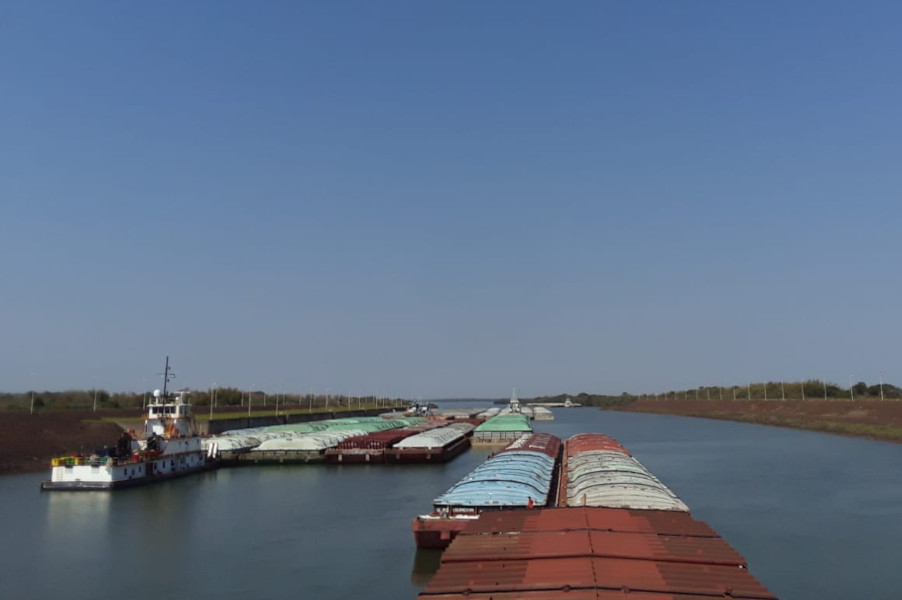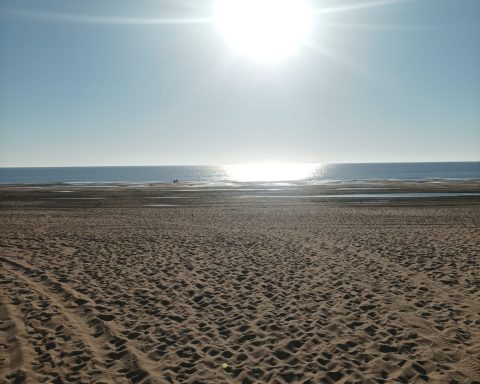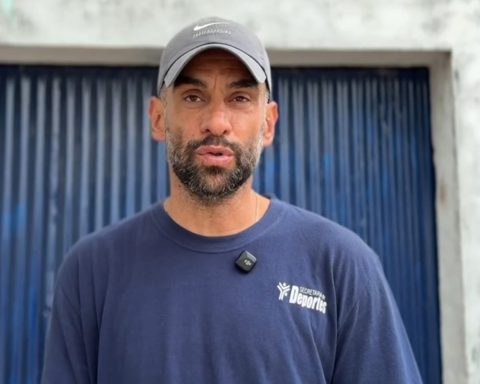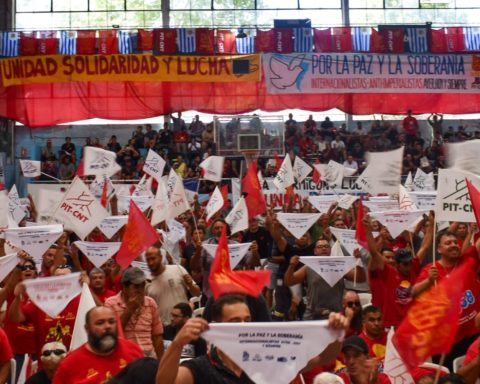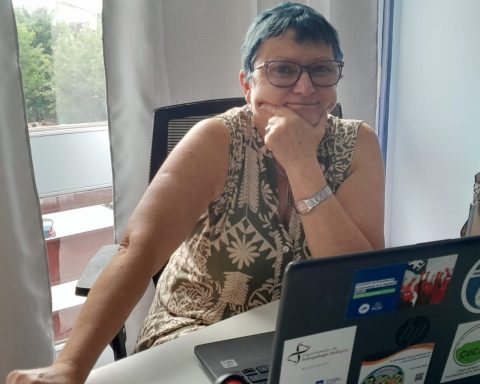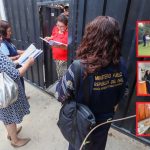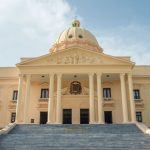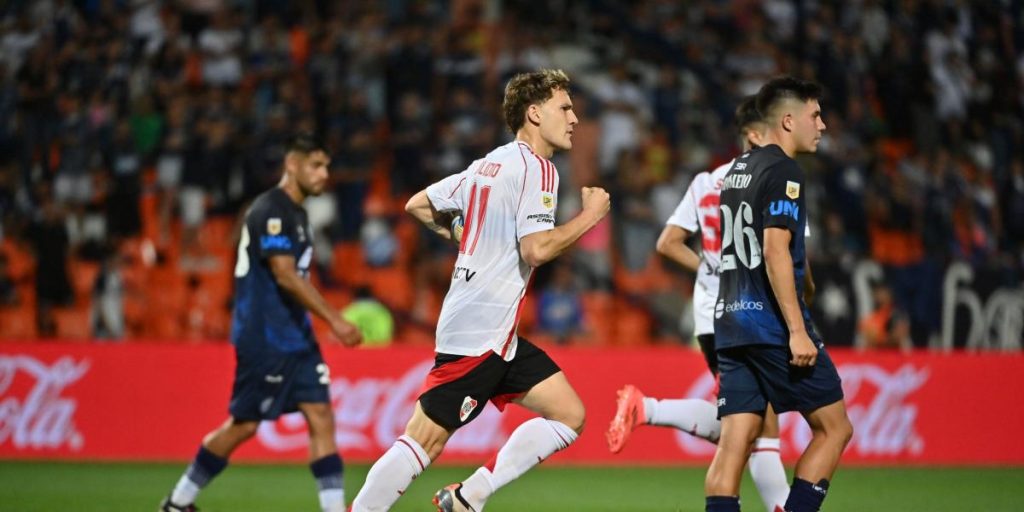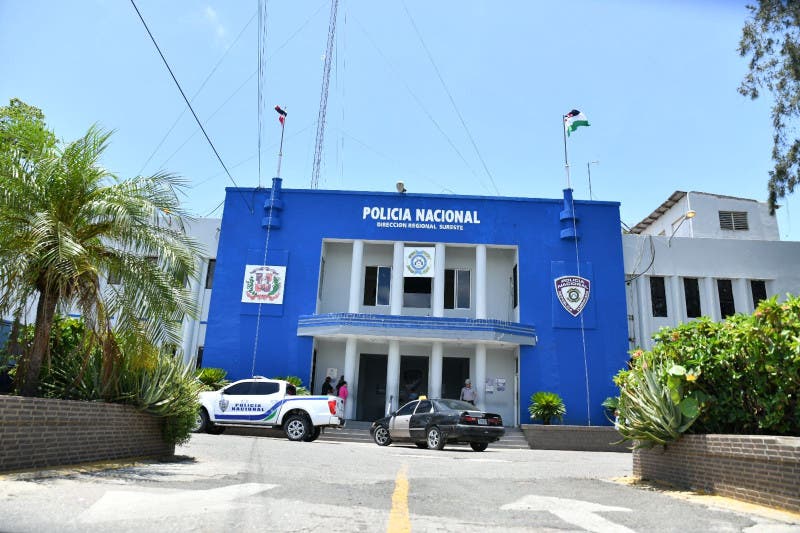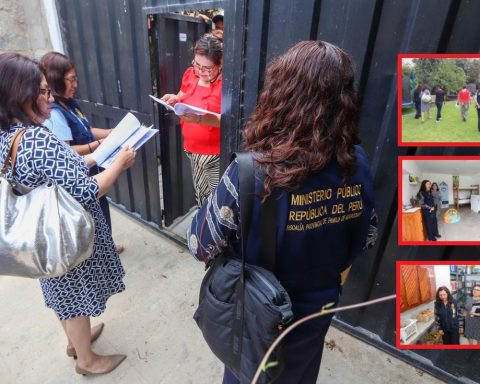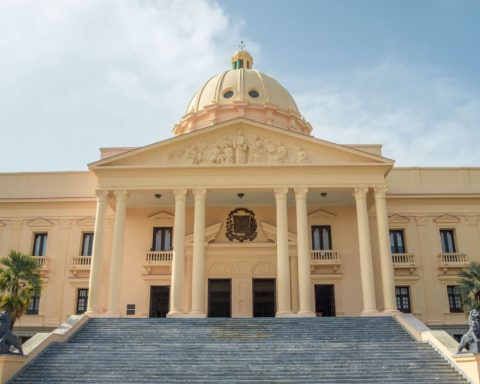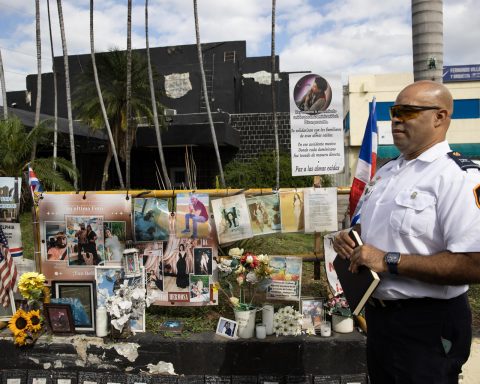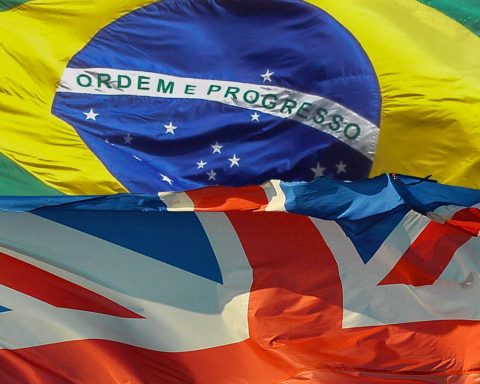“Climate change” has caused a marked decrease in the flow of water in the Waterway and this complicates the transfer of cargo from Bolivia, Paraguay and Brazil to the ports of Argentina and Nueva Palmira (Uruguay). The National Prefect, Rear Admiral José Luis Elizondo is optimistic about the future.
“The prospects for next year are that operations will increase and improvements come hand in hand if the flow of water in the Paraguay-Paraná Waterway increases, according to Elizondo.
Climate change has caused insufficient water in the Hidrovía for a year and has affected exports,” said the leader, originally from Nueva Palmira.
The barges have to come to the port of Navios “with less cargo, instead of 2,500 tons they suddenly pass with 1,500, everything depends on the water and it is more expensive, this is what is called false freight. To give an example, it is as if you hired a Berrutti bus that is for 44 passengers and five passengers travel, you must also pay the total cost of the trip, that happens with the transport of loads, on the way down or up the Waterway. And we must not forget that the only outlet for grains from Bolivia and Paraguay and iron ore from Curumbá (Brazil) is the Waterway.”
In Paraguay “dredging is being done in an area of critical passes where they will remove two feet of stone, that is, sixty centimeters. “That will relatively solve the barge passage a little.”
To complete cargo leaving Nueva Palmira, the Alfa Zone of the Río de la Plata is used “with a ship that transships iron ore to larger ships,” said the national prefect.
